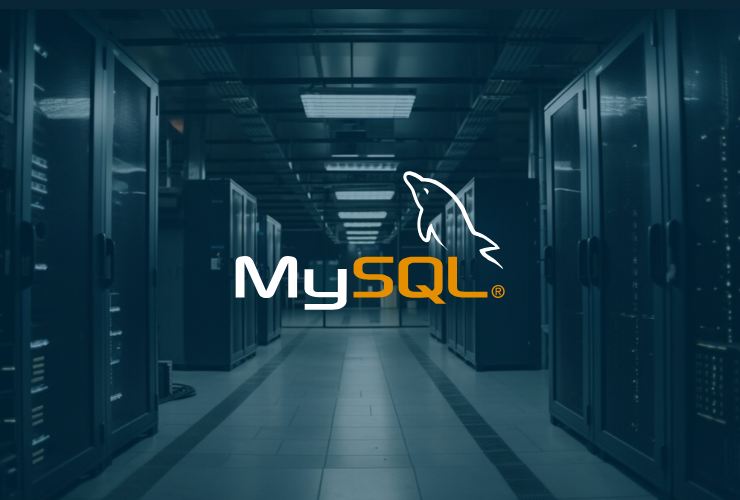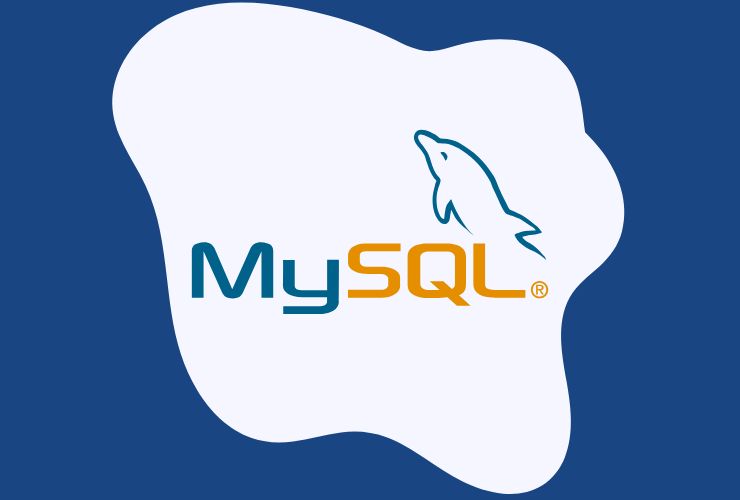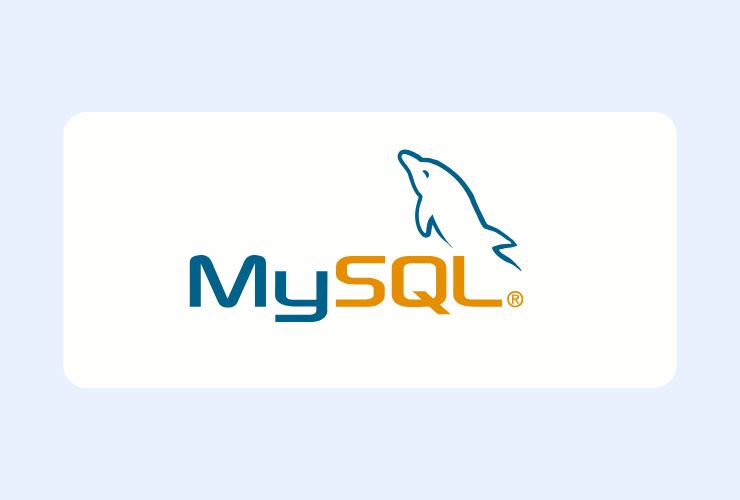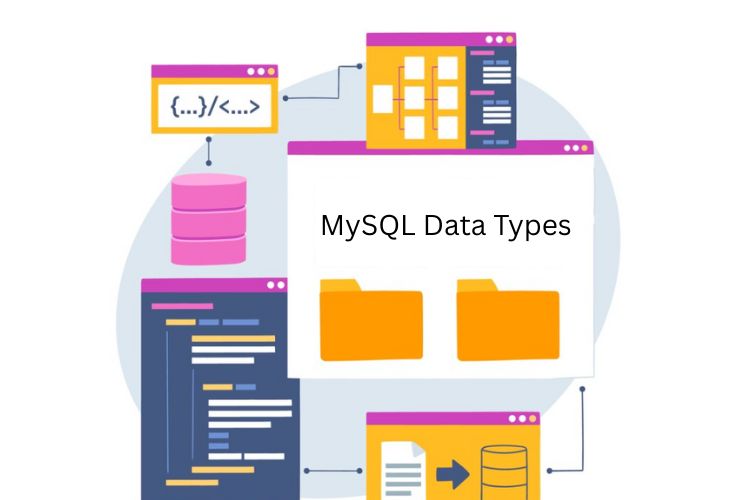In the rapidly changing field of ecommerce, performance, scalability, and integrity of the data are essential for success. All online stores and transactions rely on a strong database to manage customer data and store products to remain operational. MySQL is one of the most robust database management systems used by eCommerce sites around the world!
MySQL is able to accomplish a lot for eCommerce sites in terms of the ability to process millions of transaction a day, store tons of customer and product data, and interrupt less when the customer is shopping. Its flexibility, reliability, and ability to be integrated easily are some of the many ways MySQL has become the favorite database product for developers and eCommerce business owners wanting to build a scalable eCommerce store and maintain an exceptional shopping experience.
Key ways that MySQL will support your eCommerce store:
1. Handling high-volume transaction
ECommerce has many moving parts, including order processing with high volume of orders possible. MySQL is able to manage this with ease with efficient data management while remaining ACID compliant so that the data saved and retrieved is consistent and free from corruption.
You can manage each one of the following under large transaction volumes using MySQL:
- Operate with multiple concurrent transactions without the worry of the loss of data
- Manage inventories accurately without risk of overselling
- Process payments consistently with secure data
For example, ecommerce revenue possibility is incredibly high for eCommerce during peak events like Black Friday, as MySQL manages the peak of thousands of order simultaneously without error. Without the reliability of MySQL managing the backend during peak volume times you couldn’t trust not to lose out on revenue, to your customers that have little patience or time or just looking to be the next fastest consumer of a product online.
2. Scalability for Growing Businesses
With the growth of eCommerce stores, businesses need the ability to scale without interruption in performance. MySQL offers horizontal scaling vertically through replication and clustering of databases in eCommerce platforms.
- Master-slave replication provides configured load balancing to distribute loads across numerous servers.
- Distributed database infrastructure allows for high availability.
- MySQL manages extensible catalog and customer databases seamlessly
3. Optimized Performance and Fast Load Times
Load times are crucial for generating eCommerce conversions. MySQL allows developers to optimize queries and build indexes and cache databases that can optimize frequently accessed databases and lower page response times for product searches and user experiences.
- Index files allow for fast search time of products and category search pages.
- Optimized query files result in a faster page load time.
- Caching database minimizes repeated queries, optimizing performance.
For example, a large eCommerce catalog page for a store features thousands of SKUS, which can utilize MySQL Index files to provide partial search results in milliseconds; keeping users engaged and reducing bounce rates.
4. Secure and Reliable Data Management
Building customer trust is a key factor for eCommerce. MySQL has extensive security features that provide data protection for sensitive information like payment, address, and order history.
- Secure and encrypted storage for sensitive information.
- Role-based access to developers, admin, and staff.
- Regular backups and replication of databases for reliability.
For example, MySQL’s transaction logs can ensure in the event of server failure that there are no lost orders or customer data.
5. Connection with eCommerce Platforms
MySQL has seamless integration with major platforms including Magento, WooCommerce, Shopify (backend), as well as custom online stores. It supports multiple programming languages including PHP, Python, and Node.js.
- Seamless integration with payment gateways, inventory management systems, and shipping APIs
- Provides analytics and reporting tools for business intelligence
- Utilizes flexible schema design to support various product catalogs, promotions, and multi-store eCommerce
6. Analytics and Customer Intelligence Support
Making decisions guided by data is crucial in eCommerce. Yet, MySQL allows businesses to collect and analyze customer behavior, sales trends, and product performance in order to improve and optimize marketing, inventory and promotions.
- Able to track both browsing behavior and purchase behavior for a personalized recommendation
- Real-time sales reports may be generated to monitor performance
- Analytical data can be used to create targeted marketing campaigns which improve ROI
Example: An ecommerce online store can analyze purchase behavior patterns using MySQL to run targeted campaigns for their most valuable customers or inactive customers.
7. Reliability & High Availability
Downtime can cost an ecommerce business approximately thousands of dollars each minute. MySQL easily supports replication, clustering, and failover solutions that offer high-availability.
- Automatic Failover avoids disruption of service.
- Replicated databases keep backup copies available.
- When spikes in traffic occur, load balancing maintains high levels of performance.
8. Flexibility for Custom eCommerce Solutions
The flexible schema design of MySQL allows developers to personalize databases based on the requirements of their unique business. MySQL is suitable for custom solutions including complex product catalogs or multi-dimensional pricing and promotions without sacrificing performance or reliability.
- Multi-currency and multi-language support for global stores
- Complex product attribute handling for configurable products
- Support for dynamic discount rules and promotions
Conclusion
MySQL is the foundation of modern eCommerce platforms, supporting everything from large volume transactions to analytics-based marketing. MySQL is the endorsed database for businesses looking to deliver a frictionless shopping experience to their customers, given its scalability, performance, security, and flexibility.
By using MySQL, eCommerce developers and businesses can:
- Build reliable and fast transaction processing
- Easily scale as their online store grows
- Optimize performance and load times of pages
- Protect customer data and gain trust
- Leverage insights from analytics for more informed business decisions
In today’s competitive online marketplace, MySQL is more than a database; it is a foundation for sustainable growth, high performance, and an outstanding user experience for eCommerce.














